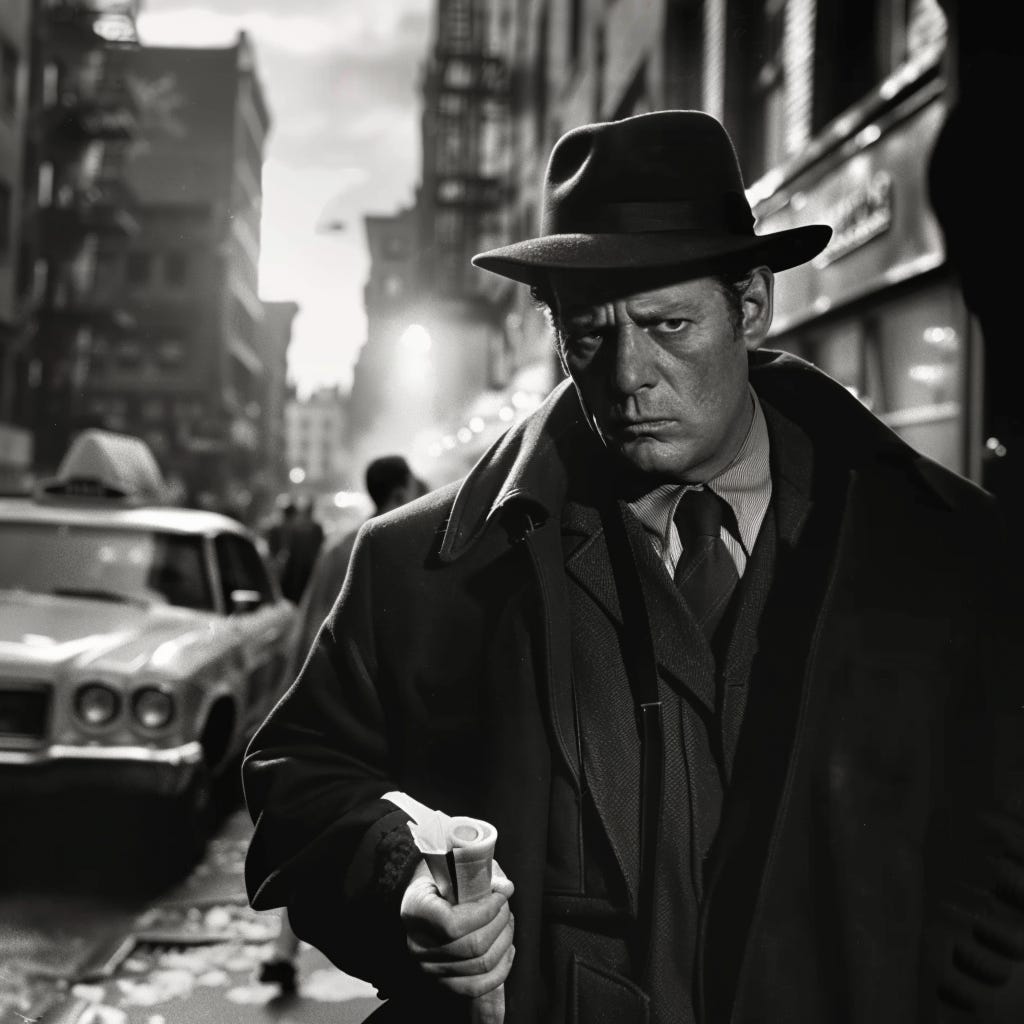The 1971 Film "The French Connection" Depicts the Story of Legendary Narcotics Detective Eddie "Popeye" Egan
In one of his most critically acclaimed roles to date, iconic actor Gene Hackman portrayed the role of Jimmy "Popeye" Doyle who was based on larger-than-life NYPD detective Eddie Egan
From its first showing, audiences were hooked on William Friedkin's cinematic masterpiece "The French Connection." Released in 1971, the film depicts the rough-and-tumble world of narcotics detectives prowling New York City to locate an international drug syndicate.
The film received widespread critical acclaim for its excitement and gritty depiction of crime in New York City in the early 1970s.





